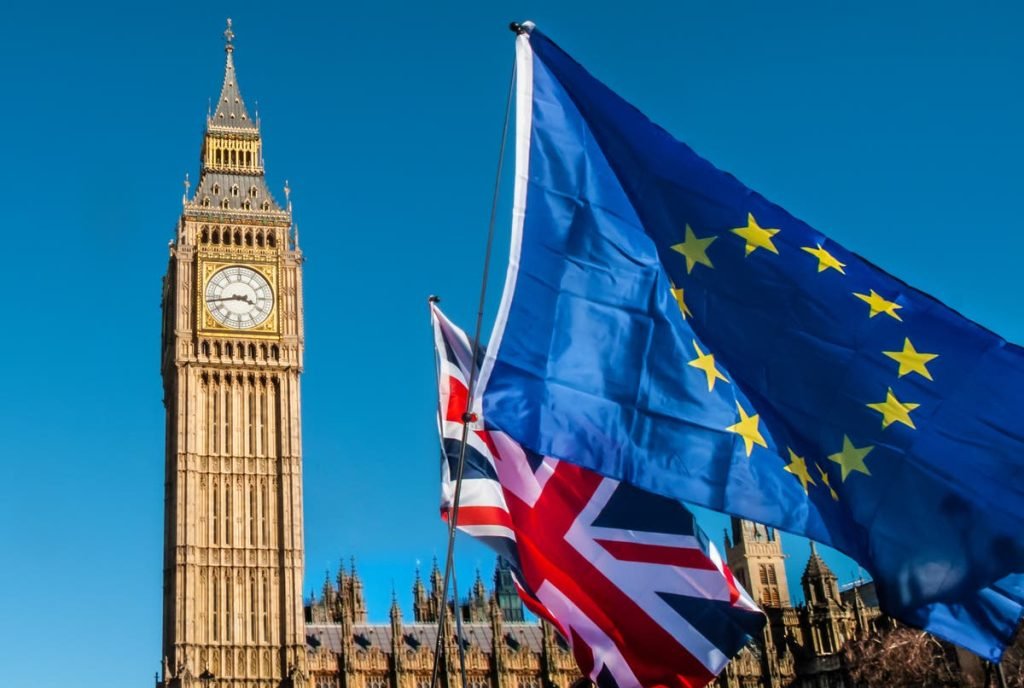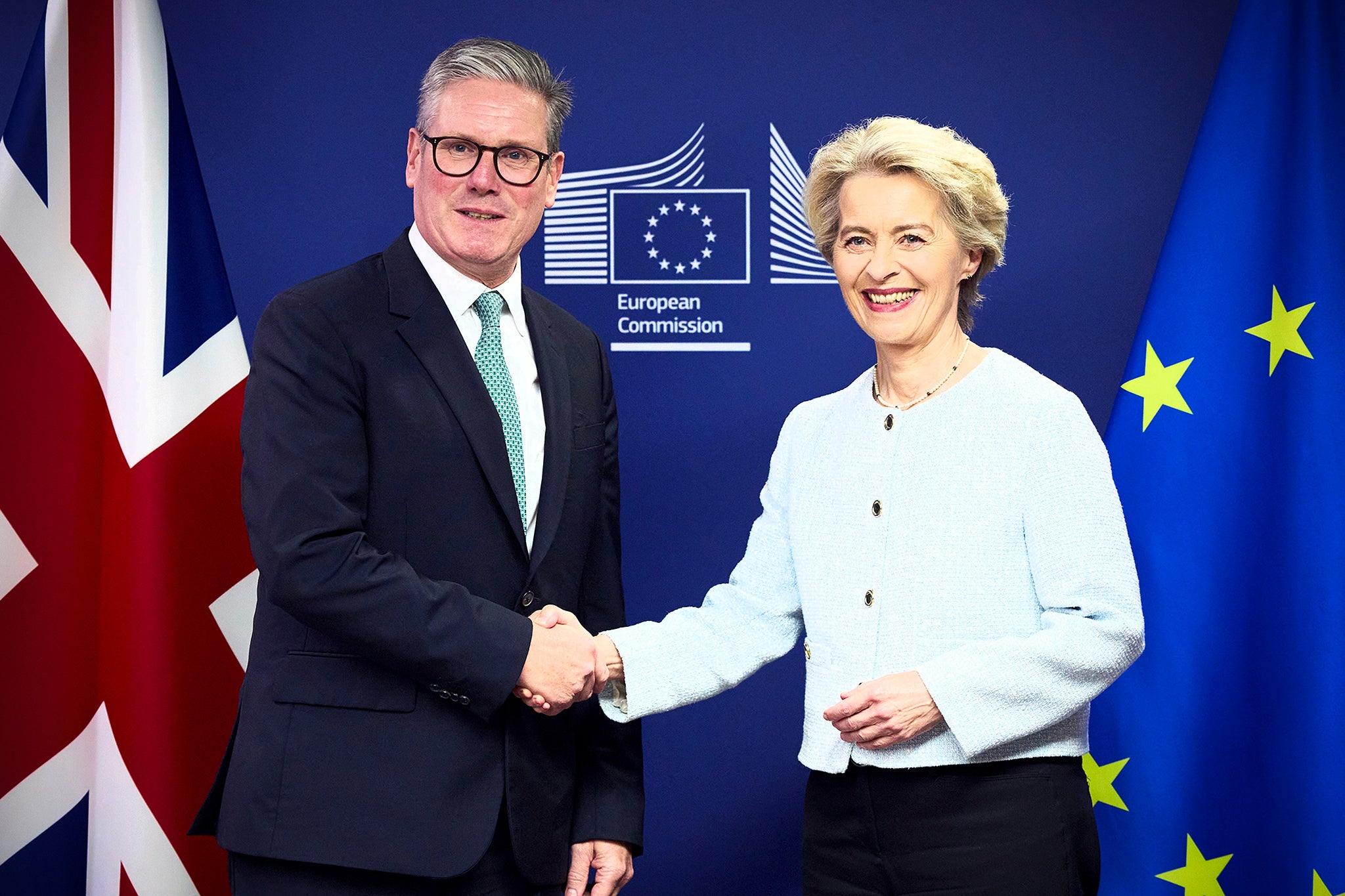
The majority of Brexit’s impact on Britain’s economy is still yet to be felt, a minister has warned.
In a damning assessment of Britain’s departure from the European Union, Treasury minister Tulip Siddiq said 60 per cent of the impact of Brexit is yet to materialise.
The Treasury economic secretary cited Office for Budget Responsibility (OBR) forecasts that the economy would shrink by 4 per cent in the long run due to Brexit. And Ms Siddiq said that Britain’s imports and exports would end up 15 per cent lower than they would be had the UK stayed in the EU.
In the first time the government has quantified how much of the impact has so far been felt, Ms Siddiq cited further OBR analysis showing that just 40 per cent of the impact has materialised so far.
Critics said the warning should act as a wake-up call for ministers as Sir Keir Starmer pursues a post-Brexit reset in relations with EU leaders.
Best for Britain chief executive Naomi Smith called for the prime minister to pursue closer ties with the bloc in order to “trade our way to prosperity once more and mitigate against further Brexit induced damage”.
And Stella Creasy, chair of the Labour Movement for Europe, told The Independent the next 18 months were crucial for Britain to address trade barriers at the border, visa problems for workers and the red tape holding back businesses.

“You can’t make Brexit work but, with political will, you can fix many of the problems it is creating. This shows why it’s a priority to so do as quickly as possible,” Ms Creasy added.
The latest warning comes after The Independent revealed that Britain has paid £23.8bn to Brussels since leaving the EU as part of its financial obligations – with a further £6.4bn still to pay.
Vote Leave campaigners argued that British trade would receive a boost from exiting the European Union in the run up to 2016’s referendum.

But the OBR has said that “weak growth in imports and exports over the medium term partly reflect the continuing impact of Brexit, which we expect to reduce the overall trade intensity of the UK economy by 15 per cent in the long term”.
In the same statement, answering a written parliamentary question from the SNP’s Stephen Gethins, Ms Siddiq said it was challenging to separate out the effects of leaving the EU’s customs union and single market from wider global trends affecting the UK economy such as Covid-19, supply chain disruption and the invasion of Ukraine by Russia.
Stuart Coster, founder and director of the pro-Brexit Democracy Movement, pointed to Britain’s economic growth out-pacing European rivals as evidence of the UK’s success outside the EU. He told The Independent “Brexit benefits” outside the bloc had added billions to the Treasury’s coffers.
But economist and former member of the European Parliament Molly Scott Cato, who is European Movement UK’s vice president, told The Independent Labour cannot achieve its ambitions for growth while sitting outside the EU.
“How can the UK economy compete against the low costs of China, the vast subsidies of America’s inflation reduction act and the frictionless borders of the EU?” she asked.
A government spokesman said: “This government will look forwards, not backwards, and make Brexit work for the British people.
“We will work to improve our trade and investment relationship with the EU and tear down unnecessary trade barriers, while recognising that there will be no return to the single market, customs union or freedom of movement.”






